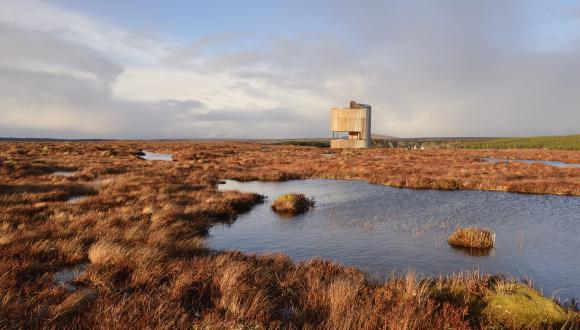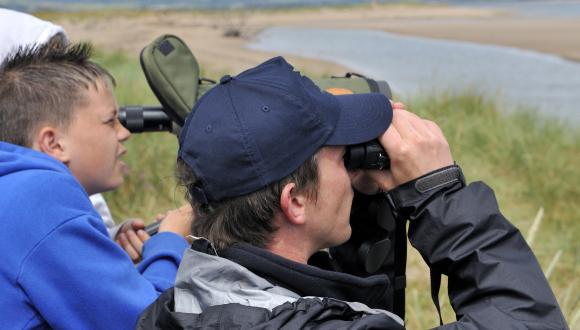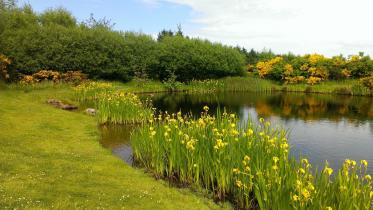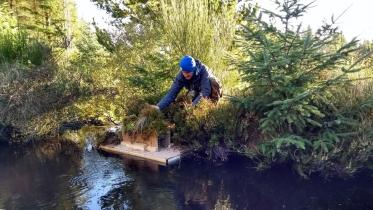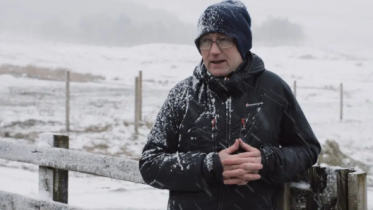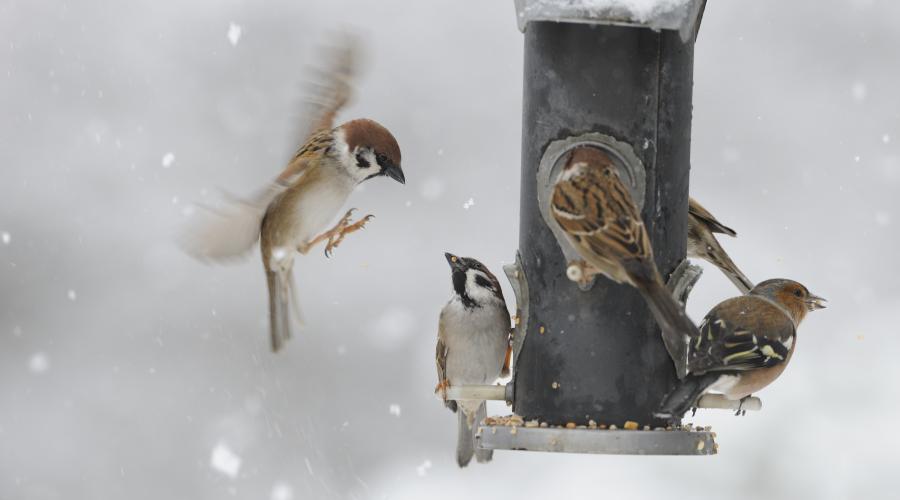
'Beast from the East' impact on woodland birds
28 November 2019
Harsh winter weather is thought to be a factor in a short-term decline in woodland birds between 2017 and 2018.
Official statistics published by NatureScot track the abundance of Scotland’s terrestrial breeding birds using results from the BTO/JNCC/RSPB Breeding Bird Survey.
The latest figures show that while farmland and upland birds remained stable between 2017 and 2018, woodland birds decreased by 12%.
Wren, bullfinch, and goldcrest were the species most affected while robin, treecreeper, great spotted woodpecker and lesser redpoll also experienced less marked declines
The harsh winter, including the ‘Beast from the East’ in February and March 2018, is thought to be a factor in the short-term decline, with extreme weather known to affect over-winter survival for some resident birds, including woodland species.
NatureScot Ornithologist Simon Cohen said: “Over the long-term many of our woodland birds have been thriving as tree cover in Scotland has increased, so it’s striking to note the recent dip in the fortunes of this group.
“Winter can be a tough time for birds and it’s likely that the freezing temperatures and snow we experienced during the Beast from the East last year had a negative impact on many species.
“Interestingly, others such as great tit, blue tit and coal tit seem unaffected and it’s possible that they have benefitted from garden feeding.
“People can do their bit to help wildlife during the colder months by putting out extra food and providing shelter in their gardens over winter.”
The longer-term trend for woodland birds is positive, showing an increase of 58% between 1994 and 2018.
Some of the species on the increase include chiffchaff, great spotted woodpecker, blackcap, great tit, bullfinch, lesser redpoll and tree pipit.
Over the same period, farmland birds including goldfinch, whitethroat and reed bunting have increased by 12% while upland birds have decreased by 15%.
Five upland species - dotterel, curlew, black grouse, hooded crow and common sandpiper - have declined by more than 50%.
Long-term changes in upland bird populations have been driven by a number of factors including climate change and loss of habitat.
NatureScot is working with partners on ambitious habitat restoration work to tackle climate change and help our struggling upland birds, including our Peatland ACTION project, the large-scale Cairngorms Connect partnership and Working for Waders.
Dr Chris Wernham, Head of BTO Scotland, said: "It is fascinating to see the short-term decline of many resident species, likely as a result of the 'Beast from the East', in the context of long-term population change.
“Our ability to report changes in such detail is a testament to the power of citizen science, and highlights the valuable contributions of volunteers throughout Scotland.
“The ongoing decline of upland birds including waders is concerning. We hope that our programme of research, combined with even better monitoring in the uplands, will add to the pool of necessary evidence to allow all stakeholders to together target and implement effective conservation measures."
